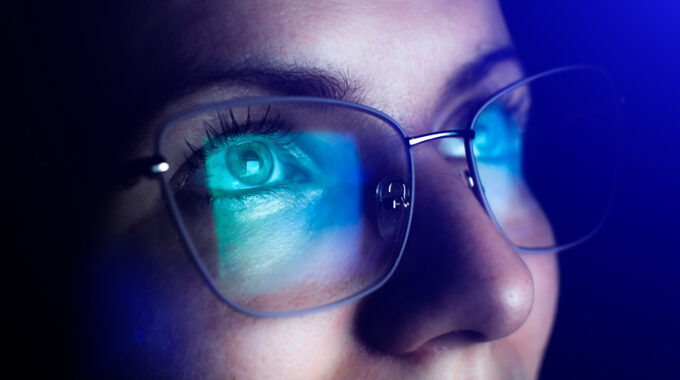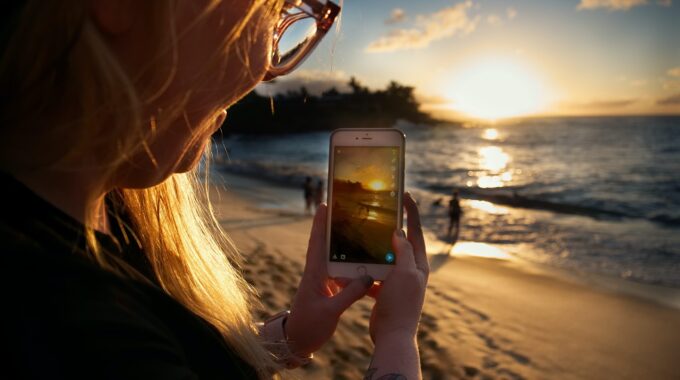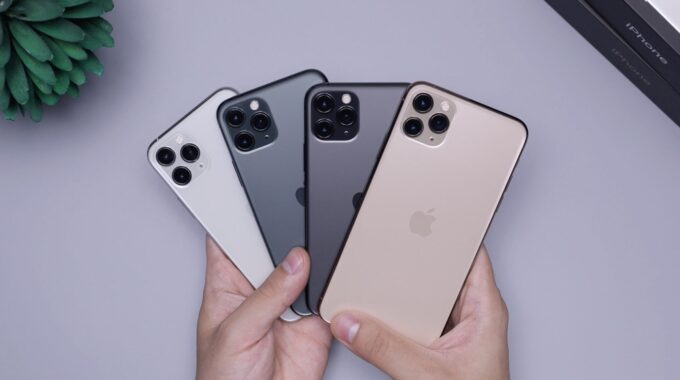From Screen Time to Sleep Time: The Blue Light Connection Explained

In today’s digital age, our lives are increasingly intertwined with technology, from the first email checked in the morning to the final scroll through social media at night. This constant connectivity, however, comes with its own set of challenges, particularly when it comes to our sleep patterns. A significant concern is the effect of blue light, emitted by screens, on our ability to fall asleep and maintain a restful night. Understanding the impact of blue light on sleep is crucial for families striving to balance the benefits of technology with health and well-being. This discussion aims to illuminate the intricacies of blue light exposure, its physiological effects, and practical strategies to mitigate its impact. By navigating through the science and solutions surrounding blue light and sleep, we can make informed decisions that enhance our family’s nightly rest, thereby improving our overall quality of life in this tech-savvy era.
Understanding Blue Light
Blue light is a component of the visible light spectrum, possessing a short wavelength and, consequently, a higher energy level. It’s naturally emitted by the sun, playing a crucial role in regulating our sleep-wake cycle, or circadian rhythm. However, artificial sources, such as LED lighting and the screens of digital devices like smartphones, tablets, and computers, also emit significant amounts of blue light.
The Physiological Impact of Blue Light
Exposure to blue light during daytime hours can be beneficial, enhancing alertness, memory, and cognitive function by suppressing the production of melatonin, the hormone responsible for sleepiness. Yet, exposure during the evening disrupts the body’s natural circadian rhythm, tricking it into believing it’s still daylight. This suppression of melatonin production can delay sleep onset, reduce sleep quality, and impair the ability to reach the deep, restorative stages of sleep.
Research Insights
Numerous studies have highlighted the correlation between blue light exposure in the evening and various sleep issues. For instance, research indicates that individuals using screens emitting blue light before bedtime take longer to fall asleep and experience less REM sleep, the stage associated with dreaming and memory consolidation. This disruption not only affects adults but is particularly concerning for children and adolescents, whose sleep patterns are crucial for development and academic performance.
Managing Blue Light for Better Sleep
Given the pervasive presence of technology in our lives, completely avoiding screens may not be feasible. However, several strategies can be employed to mitigate the impact of blue light on sleep:
- Use of Blue Light Filters: Most digital devices now come with built-in settings or applications that reduce blue light emission. Activating these features in the evening can help minimise blue light exposure.
- Establishing a Screen-Free Bedtime Routine: Creating a habit of turning off digital devices at least an hour before bedtime can significantly improve sleep quality. This period can be used for relaxing activities that do not involve screens, such as reading a book or practising meditation.
- Implementing Dim Lighting: As bedtime approaches, reducing the overall exposure to bright lights by using dim or warmer lights can help signal to your body that it’s time to prepare for sleep.
- Regular Sleep Schedule: Maintaining a consistent sleep schedule aids in reinforcing your body’s sleep-wake cycle, which can help mitigate the effects of occasional blue light exposure.
- Encouraging Outdoor Activity During Daylight: Exposure to natural sunlight during the day can help regulate your circadian rhythm and improve nighttime sleep quality.
The Role of Eyewear
Specialised glasses that block blue light have become increasingly popular. While these can be effective for those who must use screens extensively in the evening, it’s important to note that not all products are created equal. Opting for glasses verified by eye care professionals can provide an added layer of protection against blue light.
The Impact on Children and Adolescents
For children and adolescents, whose eyes are more susceptible to the effects of blue light, and who often use screens for both education and entertainment, the stakes are particularly high. Parents and guardians can play a crucial role in moderating screen time, especially before bedtime, to ensure it does not interfere with sleep. Establishing tech-free zones in bedrooms and encouraging activities that do not involve screens can foster healthier sleep habits.
In conclusion, while the digital age brings numerous advantages, it’s essential to remain mindful of the impact of blue light on sleep. By adopting practical strategies to reduce exposure and making conscious choices about our use of technology, we can protect our sleep health and that of our families. Balancing the benefits of digital devices with mindful usage can lead to improved sleep, better health, and enhanced well-being for all family members.
Embracing Technology with Restful Nights
In our ever-connected world, the balance between harnessing technology and ensuring restful sleep has become a paramount concern for families. At Phone Repair NZ, we understand the challenges that come with managing screen time and its effects on sleep. To support your family’s digital wellbeing, we recommend exploring screen time management tools and adopting practices that reduce blue light exposure during the evening. For those inevitable times when technology issues arise, remember, our expert team is always here to assist. From resolving iTunes errors to advising on the best accessories that minimise digital disruption, we’re committed to enhancing your experience and wellbeing. Let’s navigate the digital landscape together, ensuring technology serves our needs without compromising our sleep and health. Visit us for solutions that bring peace of mind and a better night’s sleep to your family.



